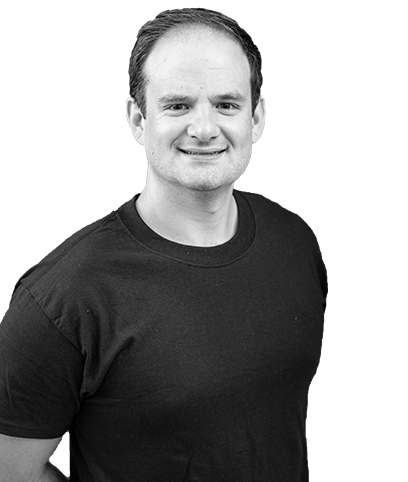What to eat before a workout can vary widely based on what kind of exercise, your body type, and your goals. A dietitian can help to dial in what will work for your unique situation, but here are some suggestions that will work for everyone:
- Start early: When you start a workout, you want your body to be ready to work. If you eat a meal 10 minutes before starting to exercise, your body is going to focus on digesting that meal, rather than doing the work. Everyone is different, but try to eat 1-4 hours before your workout.
- Focus on carbs, but don’t forget protein: Carbohydrates are our body’s preferred energy source. They are easy to digest and turn into energy. Eating carbs before a workout is a bit like using high octane gas for your car, things are just going to run smoother. You also want to have some protein so that your body has the building blocks it needs to build and repair muscle. Some good examples of pre-workout snacks are:
- A PB&J sandwich
- A fruit smoothie with Greek yogurt
- Apple slices with almond butter
- Stay consistent: There’s a time and a place to try new things, but gameday isn’t one of them. Try to find a routine that works for you while training, and stick to what works when it’s time to perform.
After a strenuous workout, it’s important to replenish and repair. Your muscles have been damaged, and their energy stores have been used up, so make sure to eat something that will send you on the road to recovery. Some good tips for a proper post-workout snack are:
- Know your goals: It should come as no surprise that a bodybuilder eats differently than a marathon runner. Carbohydrates and protein should again be the focus for most post-workout snacks, but an endurance athlete will “empty the tank” during their long workouts, so replacing those lost carbohydrates is critical for recovery. A body-builder looking to build muscle may want to shift their focus to consuming more calories and more protein.
- Not all carbs are created equal: To maximize your available energy, simple carbohydrates (like fruit) should be the bulk of your pre-workout snack. After exercise, however, eating complex carbs (like whole grains) can help slow down digestion and make your recovery as efficient as possible. Some examples of good post-exercise snacks/meals include:
- 2 hard-boiled eggs sliced over whole wheat toast
- Salmon, brown rice & asparagus
- Grilled chicken breast, quinoa & broccoli
- A turkey wrap on a whole-grain tortilla w/ low-fat cheese
- Timing is everything: Much like before a workout, the timing of your food plays a huge role. Most experts agree that eating within an hour of the end of your workout is key, because our muscles are primed to receive more nutrition during that time. Eating too late following a workout may hinder your ability to recover in time for tomorrow’s exercise.
- Hydration is key: Everyone knows that our body is mostly water, so ensuring proper hydration is key to maintaining your peak performance. If your workout is over an hour long, hydrating with a sports drink that replaces electrolytes during and after exercise is key. If your workout is less than an hour, sports drinks may just be extra calories that your body doesn’t need, so stick to good old H2O.
Hopefully these tips can help you get the most out of your workouts like they help me, but it’s important to remember that these are general recommendations, and may not fit your plan or your goals. I encourage you to meet with a Jim White Fitness & Nutrition Studios Registered Dietitian to help create a plan that is specific to you!
If you’re interested in scheduling an appointment for nutritional counseling, submit your information here to verify your insurance coverage.
This post was written by Nick Rymut, Registered Dietitian. Nick graduated from the University of Wisconsin with a BS degree in Biology and worked in a world-leading cancer research lab at the University of Chicago. He returned to school to graduate from Russell Sage College with a certificate in Nutrition Science. He then completed his dietetic internship at the Edward Hines, Jr. VA Hospital. Nick wants to help clients identify nutrition misinformation, and stick to plans backed by scientific research. On the weekends, you can catch Nick at the beach, on a hike, or in the kitchen. He decided to get into the nutrition field in his mid-20s, when his body stopped being able to run on anything (shocking, I know), and he discovered that his diet of fast food and snacks weren’t giving him the results he wanted in the gym. He began to research the best ways to fuel his workouts, and fell in love with learning about, and talking about, food!
Learn more about our talented team here.


